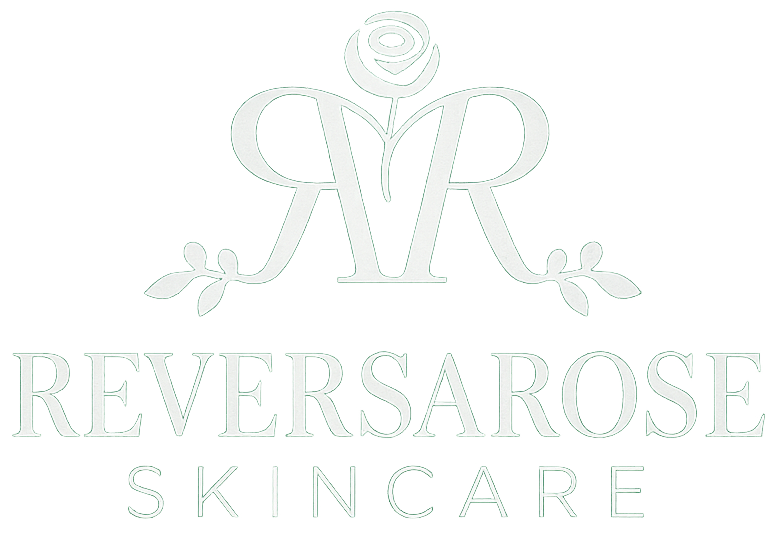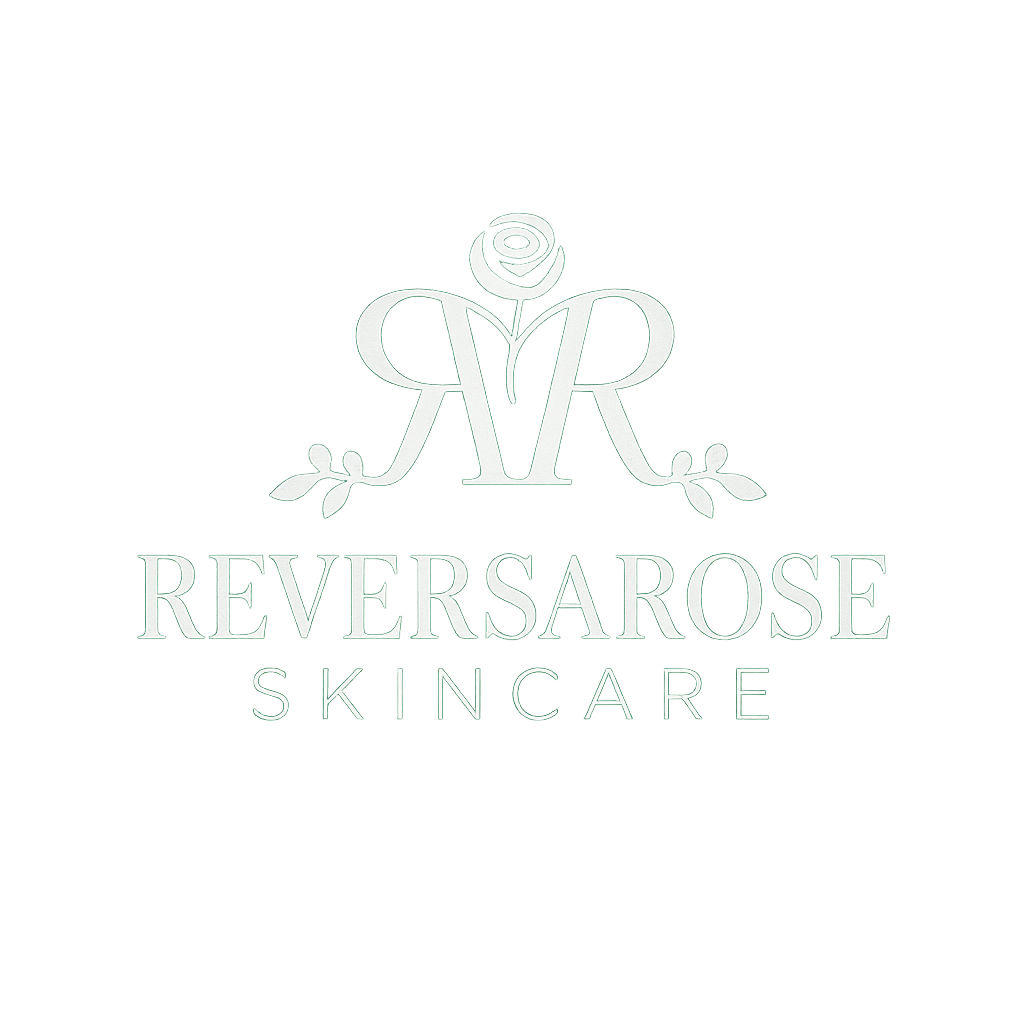Retinol is a derivative of Vitamin A which is either synthetically produced in a lab or extracted from animal sources such as fish, chicken, liver, eggs and beef. The modern history of retinoids began in 1909, with an embryo in an egg yolk, called vitamin A. From there, retinoids were finally introduced in helping with skin conditions.
This anti-aging product is popularly known for turning back the age clock, improving skin texture, and reducing fine lines and wrinkles. Many start to learn about the benefits of retinol and start applying to their skin in their 20’s. Retinol can be purchased at your neighborhood drug store, Target, and local beauty stores. It can only be applied at night since it is sunlight sensitive meaning sunlight decreases the efficacy and makes your skin more sensitive to UV rays. It can also not be mixed with vitamin C, AHA (alpha-hydroxy-acids), BHA (beta-hydroxy-acids), and benzoyl peroxide due to irritating factors.
Common side effects from using retinol are dryness, burning, redness, crusting, blistering, and stinging. According to a 2012 study, there are two common side effects from using retinol. One is dry eye disease, where tears are not able to lubricate the eyes and cause extreme dryness, redness, and inflammation. Second, MGD (Meibomian gland dysfunction), an incurable condition where the glands in the eyelids are unable to produce oil. The severity of this condition can range from crusty, burning, itching, watery, and tender eyelids to lashes falling out.
It is interesting how a product that has so many side effects is commonly pushed to use on our skin by many outside influencers. Nothing about this product is natural—even the way it is derived.
If you are still interested in rectifying signs of aging, correcting skin texture, hyperpigmentation, fine lines & wrinkles, firmness, and helping with blemishes, there’s an alternative and better yet, a plant-based alternative to retinol: Bakuchiol oil. Bakuchiol oil is extracted from the seeds of the Psoralea corylifolia and is commonly known as babchi. It is not a derivative of vitamin A, but simply a seed that is very prominent in Chinese and Indian lands. In a 2014 study, they applied Bakuchiol oil to the skin twice a day for 12 weeks and documented improvement that was comparable to retinol’s ability. In 2018, they conducted another similar study over a 12 week period with 44 volunteers, and they received the same results. Bakuchiol oil is an incredible alternative. Even though it is ideal for those with sensitive skin, I believe it is ideal for all skin types. No skin should put the harmful and irritating effects of retinol on their skin, ever.
We proudly make (and slow cook) our Organic Bakuchiol oil without any chemical additives and love offering a plant-based solution to meet our client’s skin goals & needs.
Ding, Juan, and David A Sullivan. “Aging and Dry Eye Disease.” Experimental Gerontology, U.S. National Library of Medicine, July 2012, https://www.ncbi.nlm.nih.gov/pmc/articles/PMC3368077/.
YouTube. (2019, July 23). Bakuchiol vs retinol? acne & anti aging| dr dray. YouTube. Retrieved May 18, 2022, from https://www.youtube.com/watch?v=6pEY7frtsOk
Mukherjee, S., Date, A., Patravale, V., Korting, H. C., Roeder, A., & Weindl, G. (2006). Retinoids in the treatment of Skin aging: An overview of clinical efficacy and safety. Clinical interventions in aging. Retrieved May 18, 2022, from https://www.ncbi.nlm.nih.gov/pmc/articles/PMC2699641/#b89-cia-1-327
Baxter, H. (2021, November 10). An expert guide to traditional and natural retinol. Coveteur. Retrieved May 18, 2022, from https://coveteur.com/2019/11/13/expert-guide-traditional-natural-retinol/

